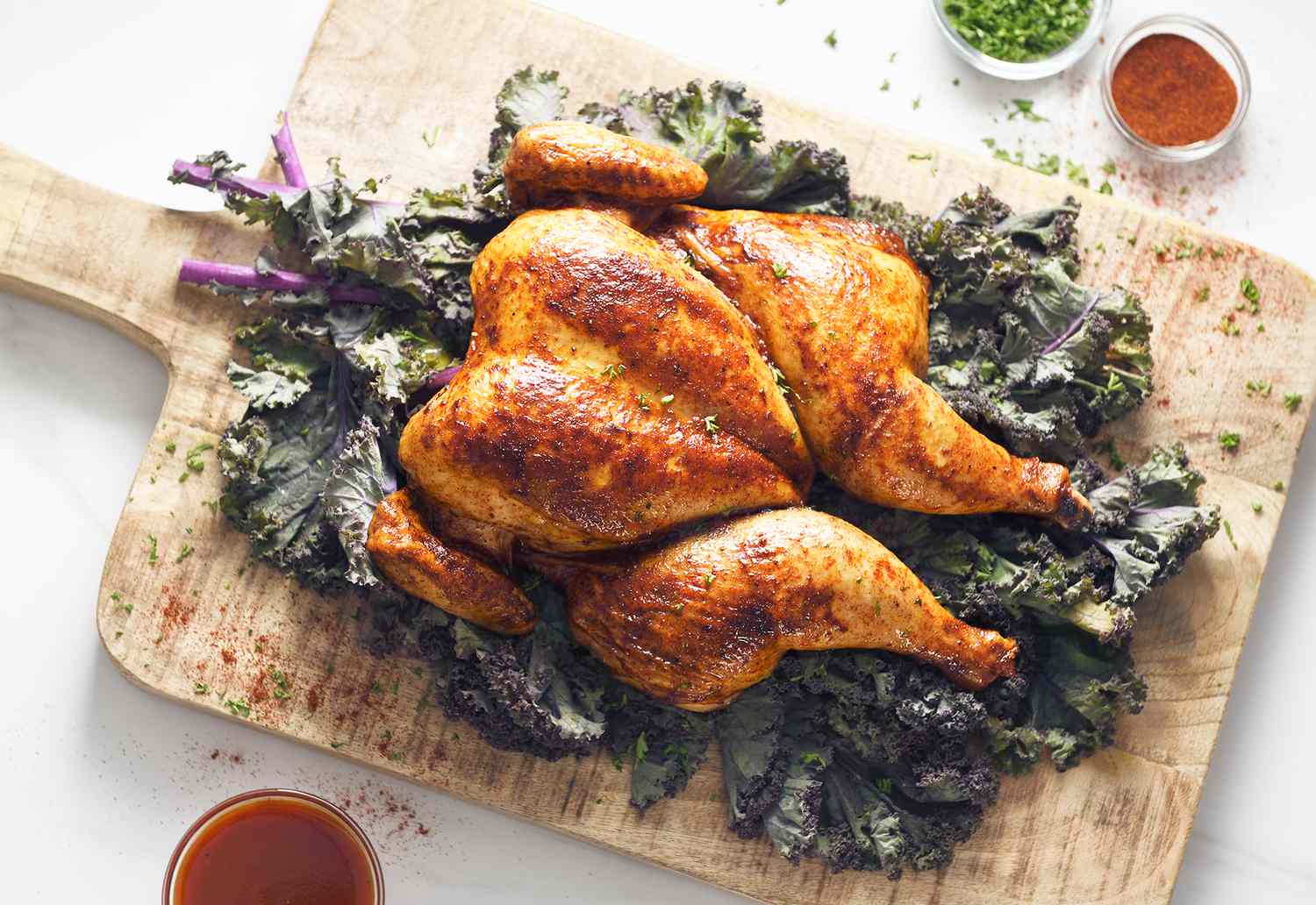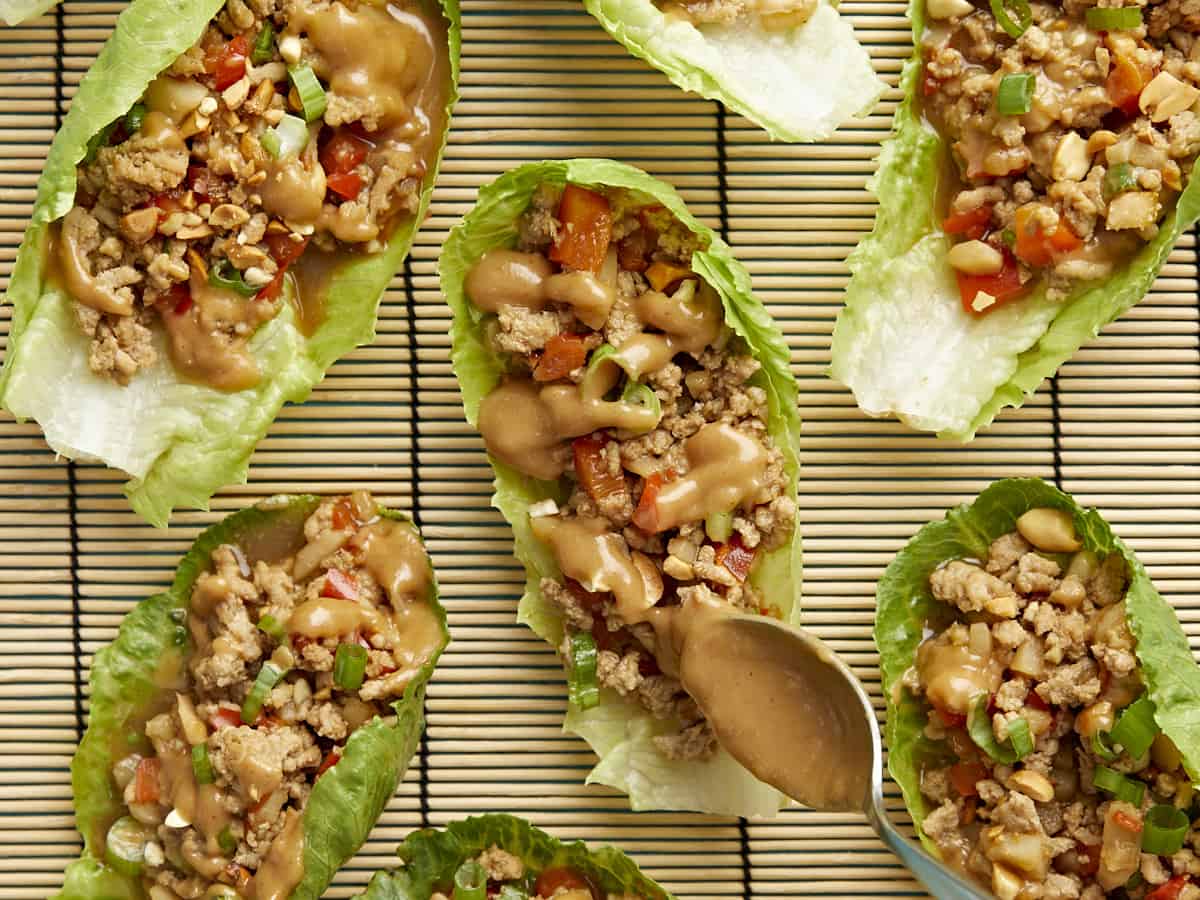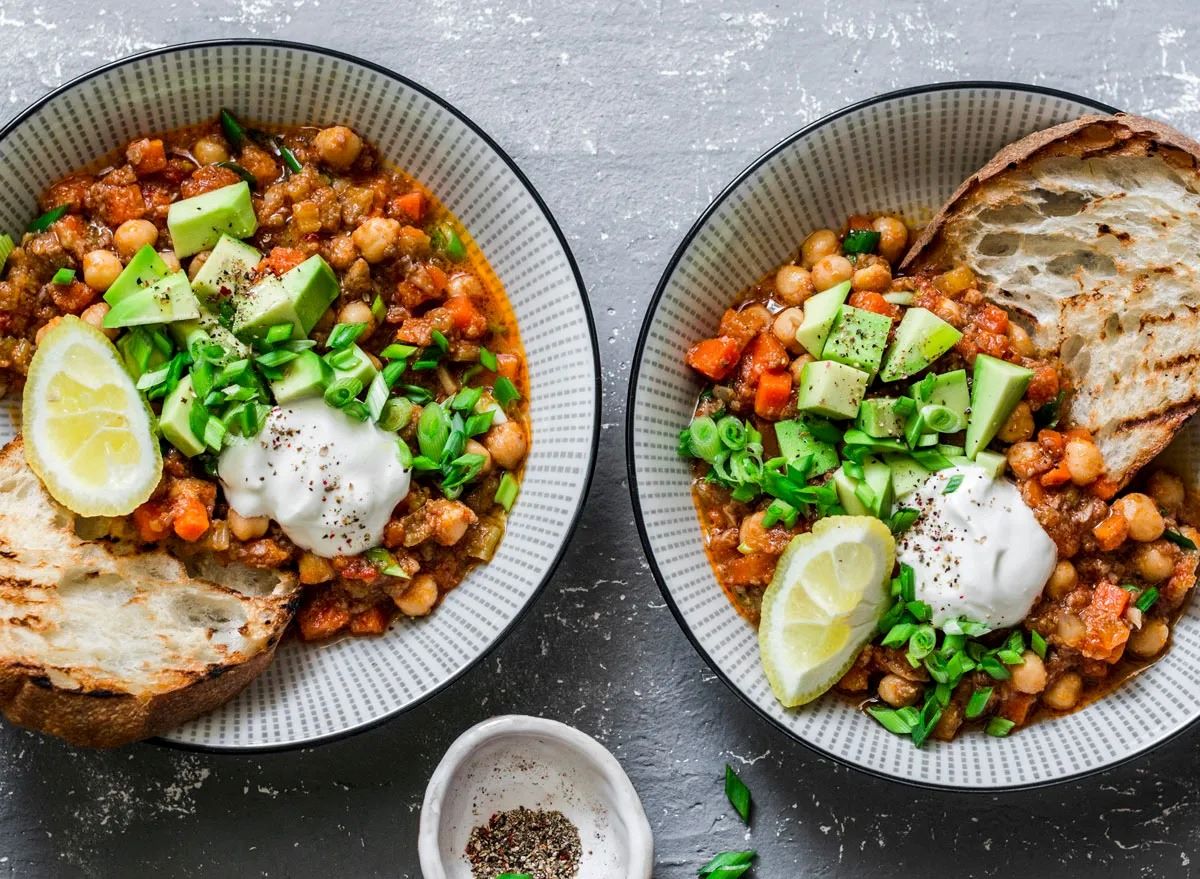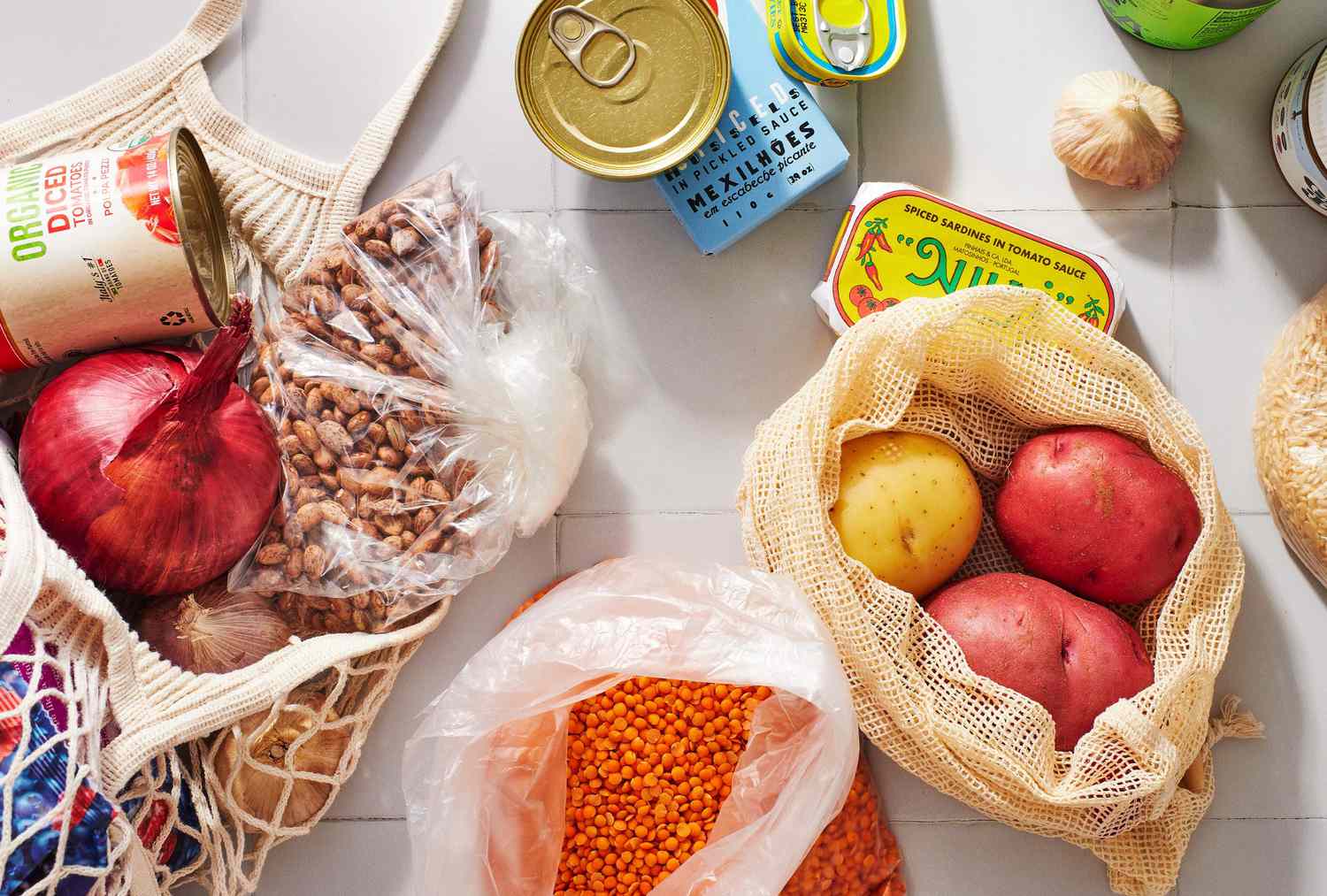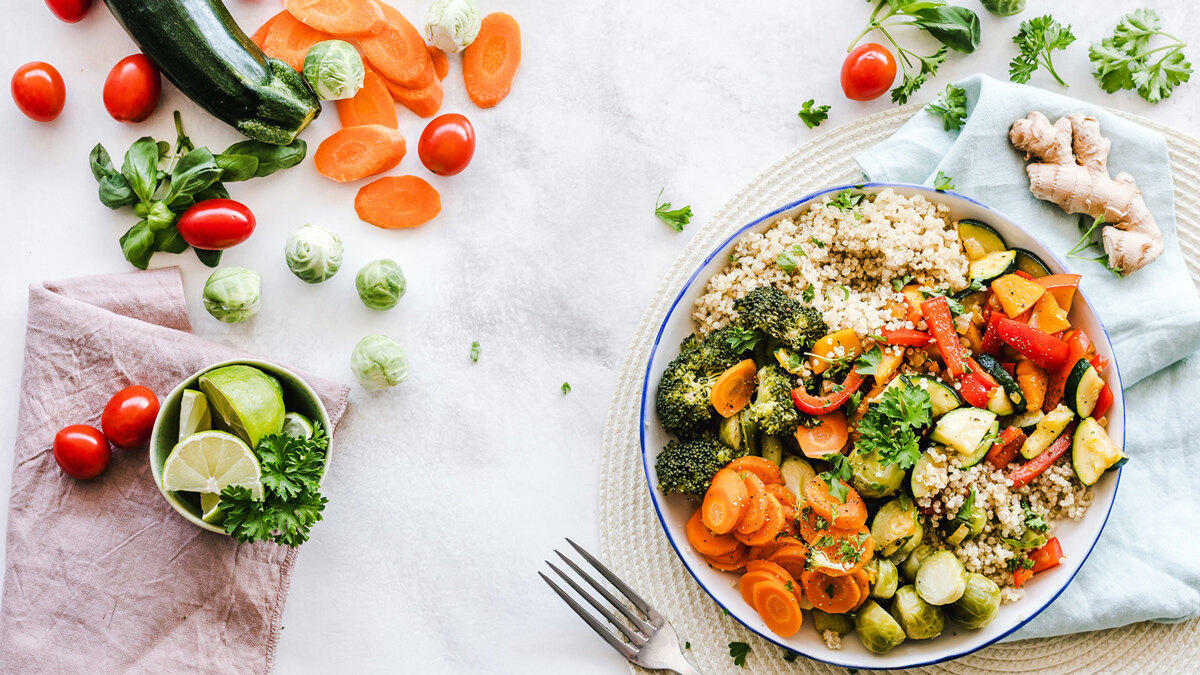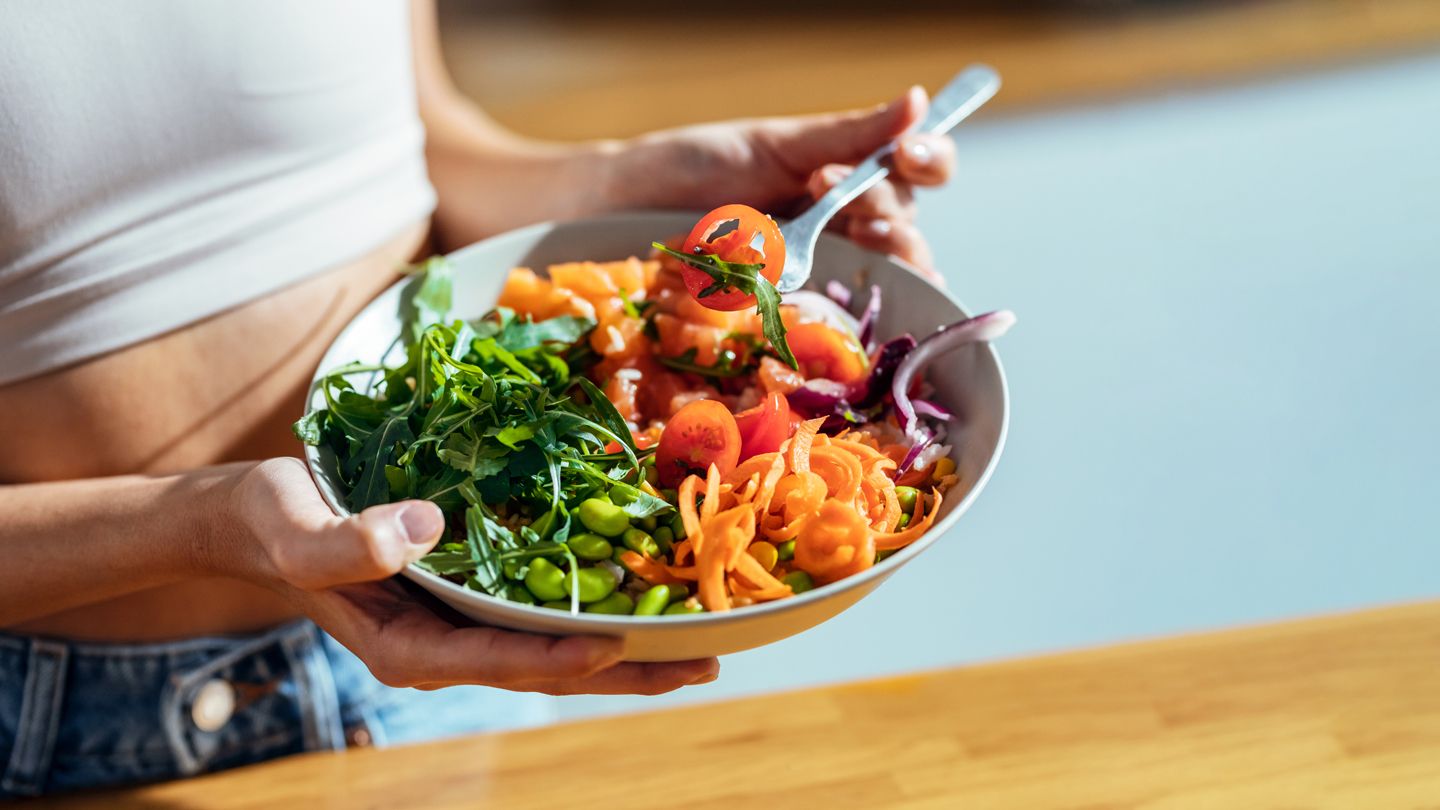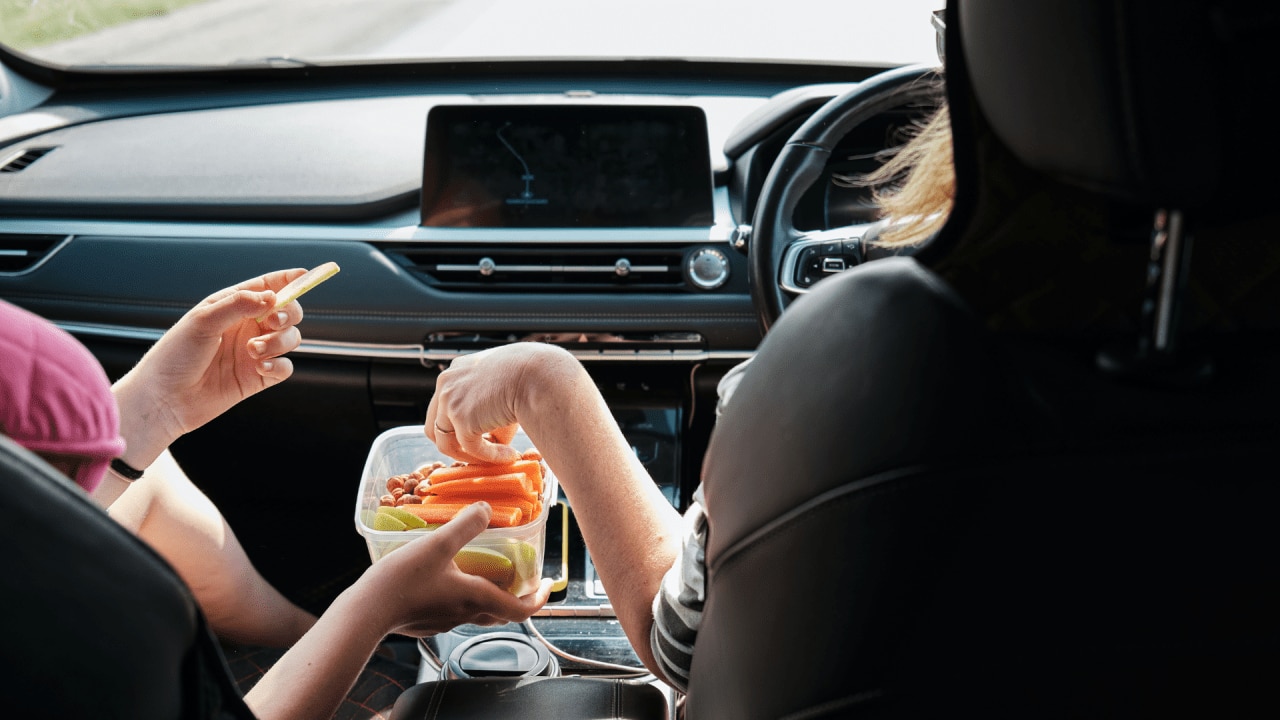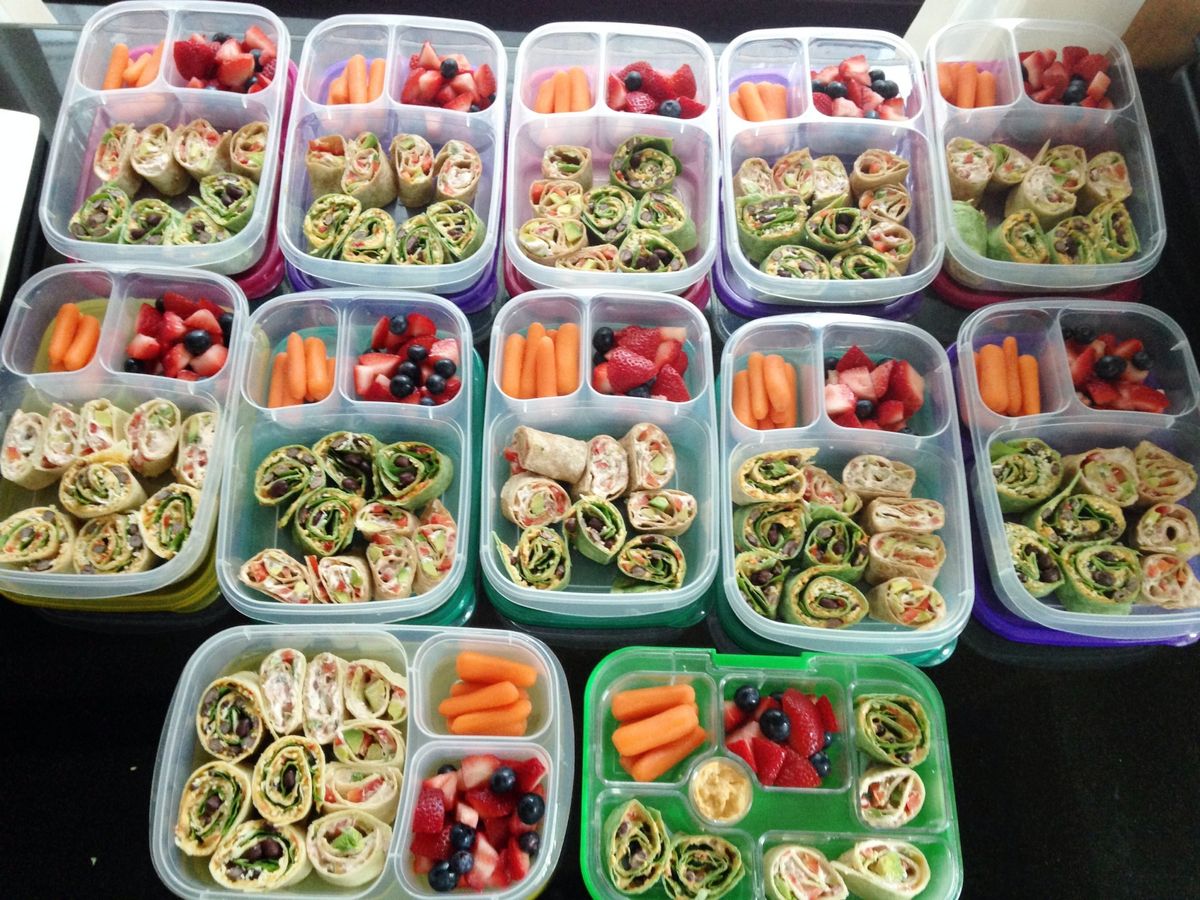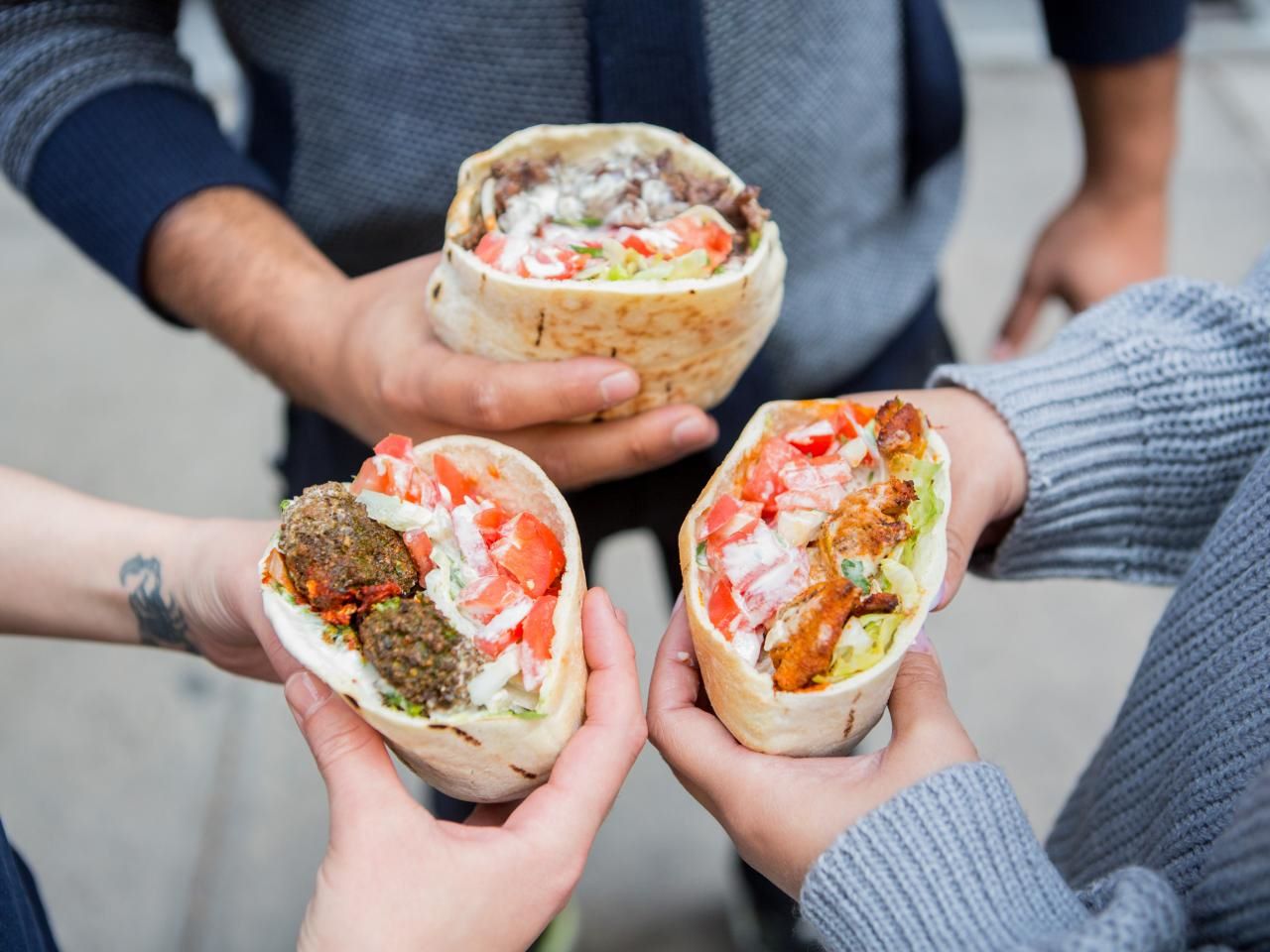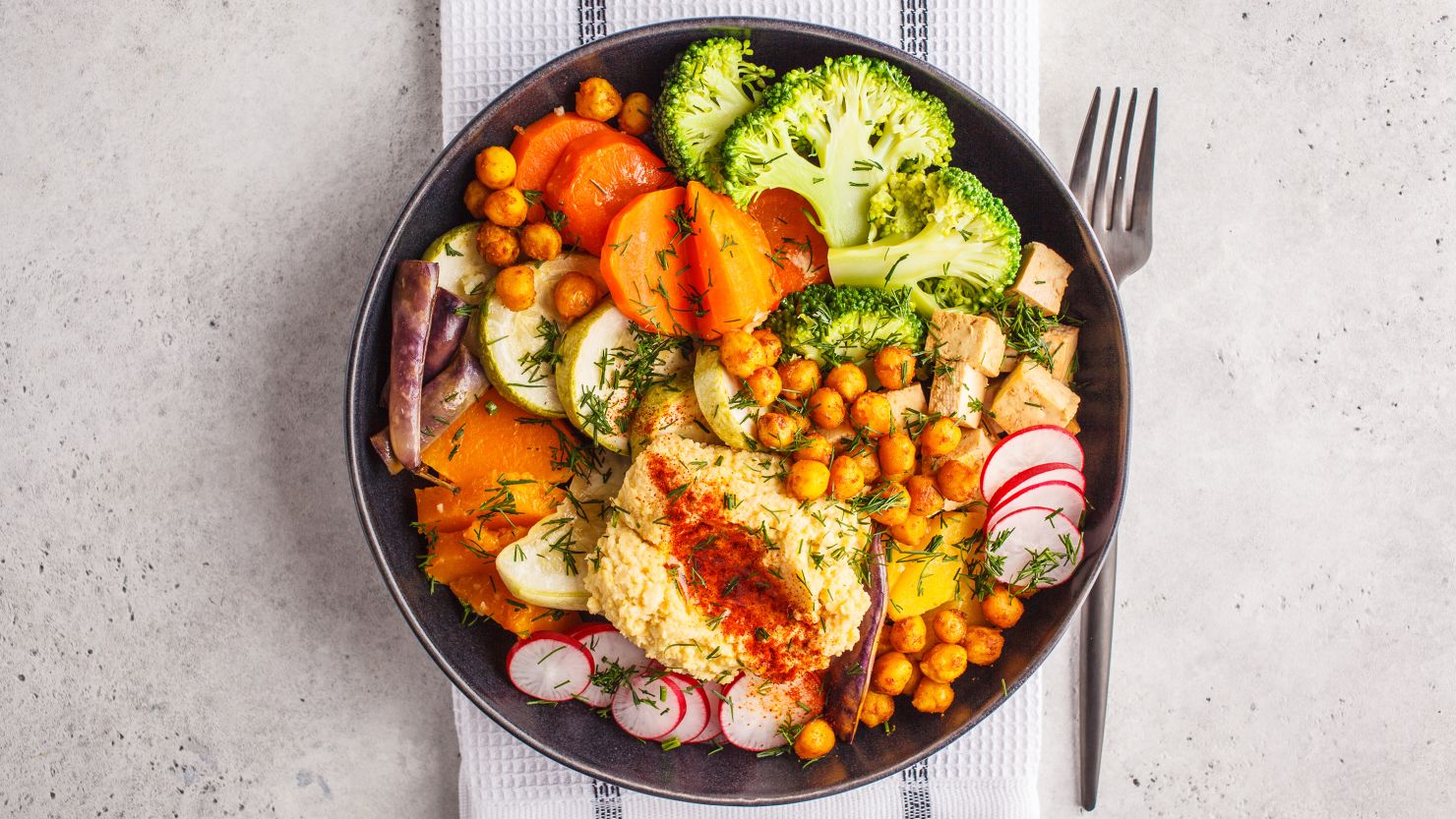Discovering a Healthy Lifestyle Without Carbs
When it comes to eating healthily, many people believe that they need to cut out carbs completely. However, this is not necessarily the case. It is possible to maintain a healthy diet without completely eliminating carbs. By making smart choices and being mindful of what you eat, you can enjoy a balanced and nutritious diet without relying on carbs.
Understanding Carbohydrates
Carbohydrates are a macronutrient that provides the body with energy. They are found in a wide variety of foods, including grains, fruits, vegetables, and dairy products. While carbs are an important source of energy, consuming too many refined carbs, such as white bread and sugary snacks, can lead to weight gain and other health issues.
Healthy Alternatives to Carbs
Fortunately, there are plenty of healthy alternatives to traditional carb-heavy foods. By incorporating these alternatives into your diet, you can reduce your carb intake while still enjoying delicious and satisfying meals.
- Vegetables: Non-starchy vegetables such as spinach, kale, broccoli, and cauliflower are low in carbs and high in essential nutrients. They can be used as substitutes for carb-heavy foods like rice and pasta.
- Protein: Foods high in protein, such as lean meats, fish, and tofu, can help you feel full and satisfied without relying on carbs.
- Healthy Fats: Avocados, nuts, and olive oil are great sources of healthy fats that can be used to add flavor and richness to your meals.
- Fiber: Foods high in fiber, such as chia seeds, flaxseeds, and psyllium husk, can help regulate blood sugar levels and promote digestive health.
Creating Balanced Meals
When planning your meals, it’s important to focus on creating a balanced plate that includes a variety of nutrients. Aim to fill half of your plate with non-starchy vegetables, a quarter with protein, and a quarter with healthy fats. This approach can help you feel satisfied and nourished without relying on carbs.
Snacking Without Carbs
Snacking can be a challenge when trying to reduce carb intake, but there are plenty of delicious and satisfying low-carb snack options available. Consider snacking on a handful of nuts, Greek yogurt with berries, or sliced vegetables with hummus. These snacks provide a good balance of protein, healthy fats, and fiber to keep you feeling full and energized between meals.
Making Informed Choices
When shopping for groceries, take the time to read food labels and choose products that are lower in carbs. Look for whole, unprocessed foods and avoid products that are high in added sugars and refined grains. By making informed choices at the grocery store, you can easily reduce your carb intake and improve the overall quality of your diet.
Embracing a Healthy, Low-Carb Lifestyle
By making small changes to your eating habits and being mindful of your food choices, it is entirely possible to eat healthily without relying on carbs. Embracing a low-carb lifestyle can lead to numerous health benefits, including weight loss, improved blood sugar control, and increased energy levels. With a little creativity and a willingness to try new foods, you can enjoy a delicious and satisfying diet that is low in carbs and high in nutrition.
Remember, it’s all about balance and making choices that support your overall health and well-being. By focusing on whole, nutrient-dense foods and being mindful of your carb intake, you can create a sustainable and enjoyable approach to eating healthily without carbs.
